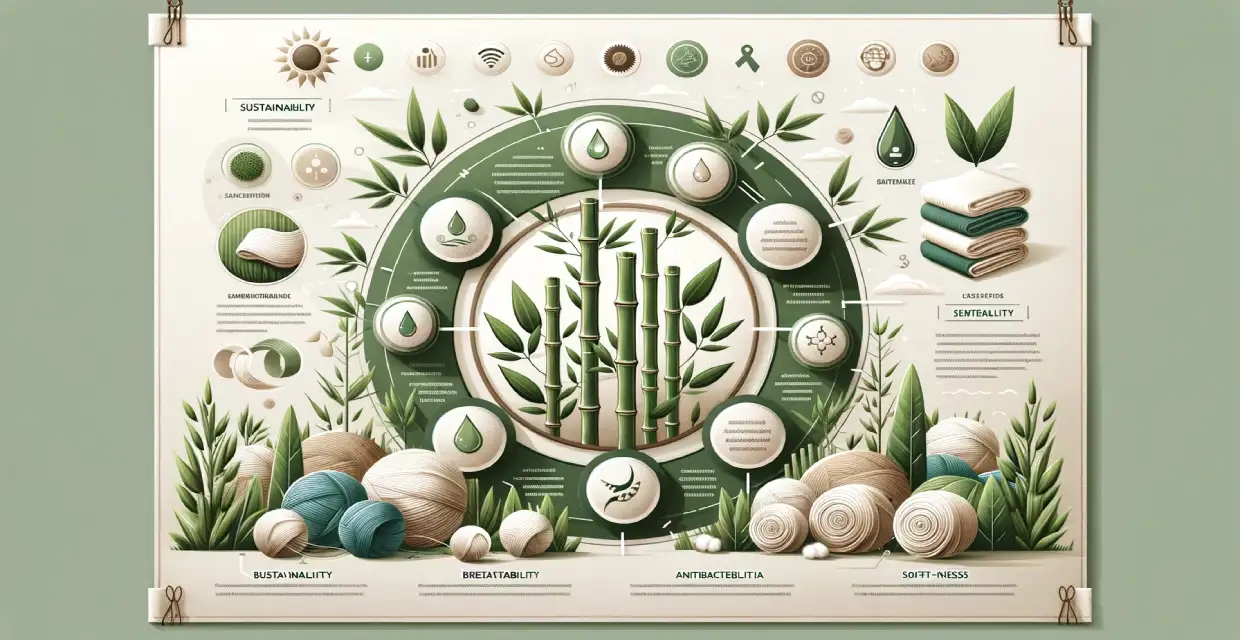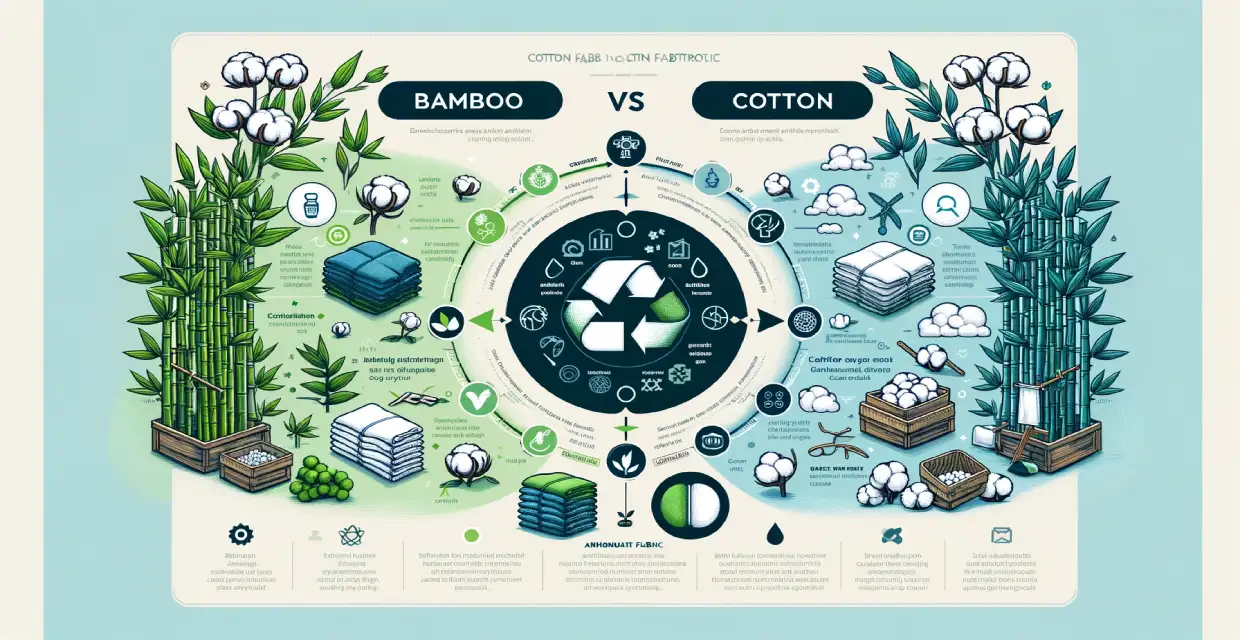Description
TBOF Farmer Story:
We are working with a young lady tribal farmer, Vidya and her brother Dharamji who are practicing beekeeping in the forest belt of Bhudargad, Maharashtra.
The bee boxes are placed in deep regions of the Radhanagri forest.
This Wild Multifloral honey is made by the native Indian bee species Apis Cerana Indica (also known as Sateri Maashi locally) and not using the widely popular European imported bees, Apis Mellifera; widely popular and preferred by many beekeepers because the European Mellifera colonies can produce anywhere between 20-40 kg of honey per colony per year, while the yield is far lower with native Indian bees like the Cerana Indica; about 8-10 kg yield per colony per year.
INGREDIENTS
- Raw Honey
USAGE INFO
- Stir well before use. Part or full Crystallization is a natural process.’
FAQ
Why should we be conserving and using Indian native bees for honey production vs the imported bees? Very important question!
– Adaptation to Local Environment – Native bee species like Apis cerana indica are well-adapted to the local climatic and environmental conditions of their region. They have evolved over time to thrive in the local ecosystem, making them better suited for pollination and honey production in the area.
– Pollination Efficiency – Native bees have co-evolved with native plants, leading to better pollination efficiency. They have developed specialized relationships with local flora, which can result in more effective pollination, leading to higher crop yields, negligible absconding behavior and healthier ecosystems.
– Conservation of Biodiversity – Relying solely on European bees for beekeeping can lead to a reduction in the genetic diversity of bee populations. Native bee species play a crucial role in maintaining biodiversity and ecological balance in the local ecosystem.
– Resistance to Diseases – Native bees often exhibit higher resistance to local diseases and pests, reducing the risk of widespread outbreaks that can affect entire colonies. Importing non-native bees can introduce new diseases that the local ecosystem may not be equipped to handle.
– Reduced Risk of Colonization – Importing non-native bees can sometimes result in their establishment and colonization, leading to competition with native bee species for resources, which can negatively impact local ecosystems.
– Supporting Local Beekeepers – Promoting the use of native bee species in beekeeping can support local beekeepers and traditional knowledge, preserving cultural practices and expertise related to beekeeping. Importing foreign bees also costs the farmer much more and this directly affects the cost of honey production.













 COD IS AVAILABLE
COD IS AVAILABLE
































































































Reviews
There are no reviews yet.